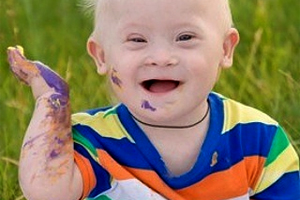
Dramatherapy for children and adolescents taps into the language of play, symbol and stories. This is a language that is familiar to children and young people and therefore enables the therapist to enter the child’s world and meet them there. This feels safe and validating to the child and supports in building a trusting relationship. This is also supportive to the child or young person where they may not yet have the appropriate vocabulary to express what they are connecting with; to support them in containing emotions that may feel bigger than them; as well as to give symbolic expression to internal difficulties and conflicts.
“Because the drama therapist is willing to meet the child at whatever space they are in, be it angry, frustrated, refusing to talk etc., and because drama therapy accesses the imagination, it is a safer, familiar method for young people,” (Dramatherapy with children and adolescents, National Association of Drama Therapy (US)). Dramatherapy for children and adolescents is a relational process and supports in the development of connection to the self, as well as empathy and connection with others.
Because children and adolescents are still dependent on their home environment, the therapist works closely with the child’s parents or guardians to support their better understanding of the child’s or adolescent’s needs whilst also respecting the confidentiality of the young person’s process and use of the creative space. A parent or guardian may support a child or young person to come to dramatherapy where they feel they may need support in developing healthier peer relationships, where they wish to grow in their self-worth, where they may have experienced difficult life circumstances or trauma that they are struggling to deal with, and where they may be experiencing mental health difficulties.
THE DRAMATHERAPY APPROACH
The dramatherapist always works at the pace of the child or young person. In the dramatherapy space there is no right or wrong way of giving creative expression. The therapist witnesses and validates the child’s and young person’s creative expression, a process which in turn supports an increased sense of self-worth. Through feedback, the child or young person also grows in learning more about themselves. Where a child or adolescent may be manifesting challenging behaviour, the therapist works with them to give symbolic expression to internal conflicts, supporting their creative and constructive expression that is otherwise manifesting in destructive behaviour.

WHO CAN BENEFIT?

DRAMATHERAPY FOR
CHILDREN
Dramatherapy engages with sensory play, dramatic play, stories and the imagination in a language that is familiar to the child. This supports children to give expression to feelings that may be too difficult to articulate or otherwise make sense of.

DRAMATHERAPY FOR
ADOLESCENTS
The therapist works through movement, images, rhythm, voice-work and improvisation to support them to understand themselves at a deeper level, growing in their relationship with themselves and their ability to form relationship with others.

FOR CHILDREN/ADOLESCENTS
WITH INTELLECTUAL DISABILITY
Dramatherapy offers a form of psychotherapy that is particularly relevant for children and young people with intellectual disabilities. This provides a unique advantage to people who may not have access to expressing themselves verbally.
